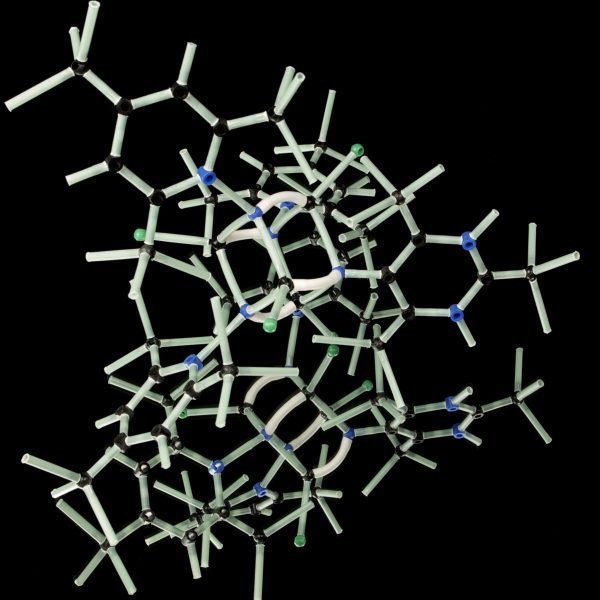The Origins of Novelty
Conventional narratives of evolution emphasize that organisms have evolved over time through the gradual accumulation of many genetic mutations, but for some researchers, this approach does not satisfactorily explain true biological novelty.
This view, explored by Dr. Marc W. Kirschner and Dr. John C. Gerhart in The Plausibility of Life, was featured in an article in last Tuesday’s Science Times. Dr. Kirschner, a professor of systems biology at Harvard Medical School, was quoted as saying, “The standard Darwinian view always sounds like a better theory for making improvements than for making inventions.”
In their book, Kirschner and Gerhart, of the University of California, Berkeley, attempt to answer the central, unresolved question in the field of evolution. If incremental, additive genetic changes were responsible for the genetic changes were responsible for the incredible amount of biodiversity among living organisms on Earth, how can it be that humans have hardly more genes than a microscopic nematode?



